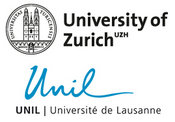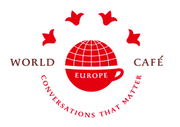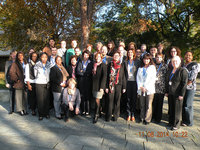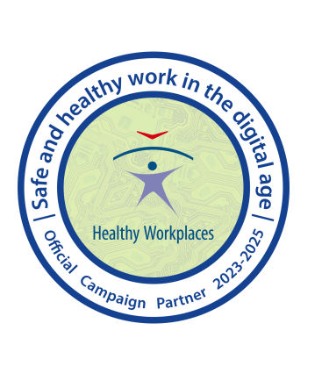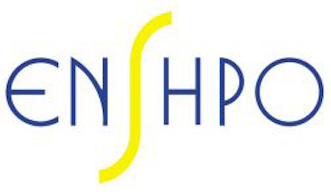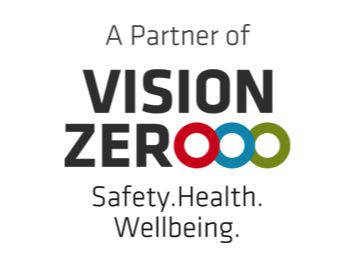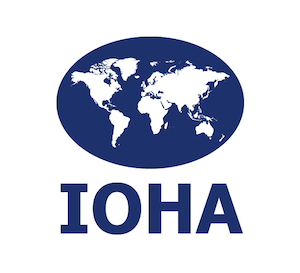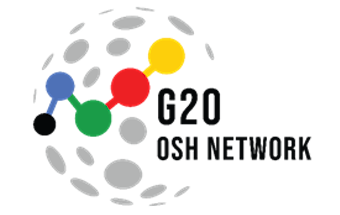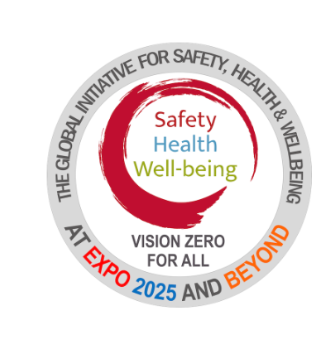Ludwig- Maximilians Universität, Munich
30. Oct 2013 /
Read more … Master program "International Occupational Safety and Health"
New publication by Eurydice
29. Oct 2013 /
In Lausanne and Zurich
18. Oct 2013 /
Read more … Postgraduate interdisciplinary Diploma in Work+Health
now available in 18 languages
04. Oct 2013 /
A project by world café europe
15. Aug 2013 /
Report from the Joint Workshop At The ILO Training Centre, Turin
13. Aug 2013 /
Read more … Mainstreaming OSH Into Education: Towards A Culture Of Prevention
A survey report by EUROGIP
03. Aug 2013 /
Read more … OSH training in Denmark, Italy, the United Kingdom and Germany
Commission opens public consultation on future EU policy framework
19. Jul 2013 /





